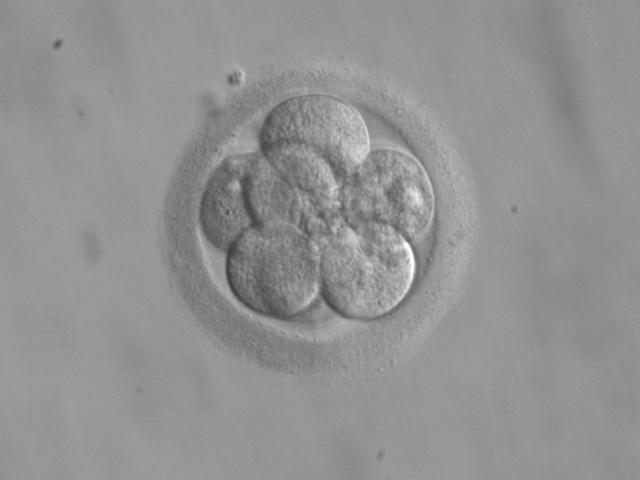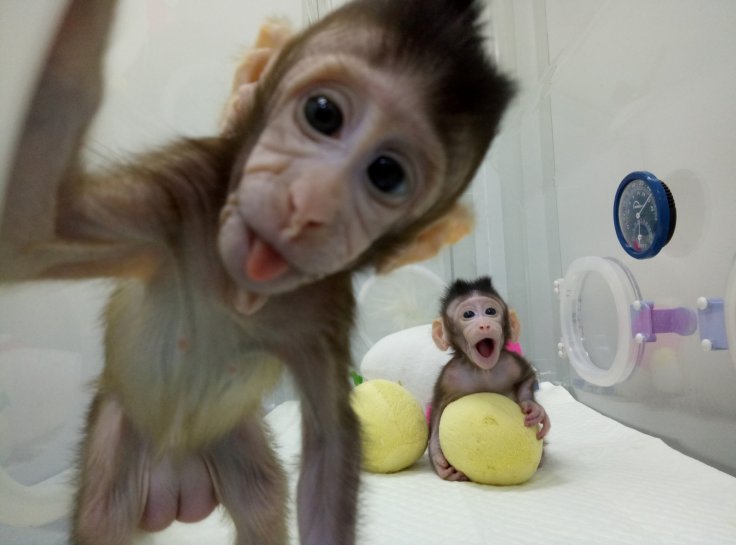After being accused of engineering and leaking the deadly coronavirus from a laboratory, Chinese scientists have found themselves surrounded by another controversy. Researchers from the mainland are now being called out for creating human-animal hybrids by mixing human and animal DNA.
According to The Sun, last year, Juan Carlos Izpisúa Belmonte, a Spanish biologist who works at the Gene Expression Laboratory at San Diego's Salk Institute for Biological Studies, led a team of researchers from China as part of an experiment to create "human-animal chimeras," which in simple terms, means creating animals that have entirely human organs such as kidneys or livers.
Creating mutant apes with human organs

Based in China, the team's objective was to engineer animals in such a way that they produce human organs, which can then be used for human transplants. The researchers successfully created the human-animal hybrids by injecting human cells into days-old embryos of another species and the embryos are then allowed to develop. Monkeys were used as subjects because they're genetically closer to humans.
Although the research took place in August last year, the disturbing experiments have drawn attention again in the wake of conspiracy theories claiming that China engineered or accidentally leaked the coronavirus in a laboratory in Wuhan, where the coronavirus outbreak originated before spreading worldwide and claiming close to 270,000 lives.
Research faces criticism

Such research is illegal in the United States and other western countries. However, in China, "experts are allowed to push the boundaries of scientific ethics," the publication points out. The research has faced criticism from animal rights organisations and the international community for its "disturbing" breeding of monkeys to harvest their organs for human use.
Meanwhile, others have slammed China for conducting research in which human DNA was actively mixed with that of animals like monkeys, pigs and mice (The team has also tried to inject human cells into pigs but failed), potentially exposing the world to another virus outbreak like coronavirus, which apparently jumped from animals to humans.
However, Belmonte defended his work with the Chinese researchers by saying, "History shows us time and time again that, over time, our ethical and moral standards change and mutate, like our DNA, and what yesterday was ethically unacceptable, if this really represents an advance for the progress of humanity, today it is already an essential part of our lives."









